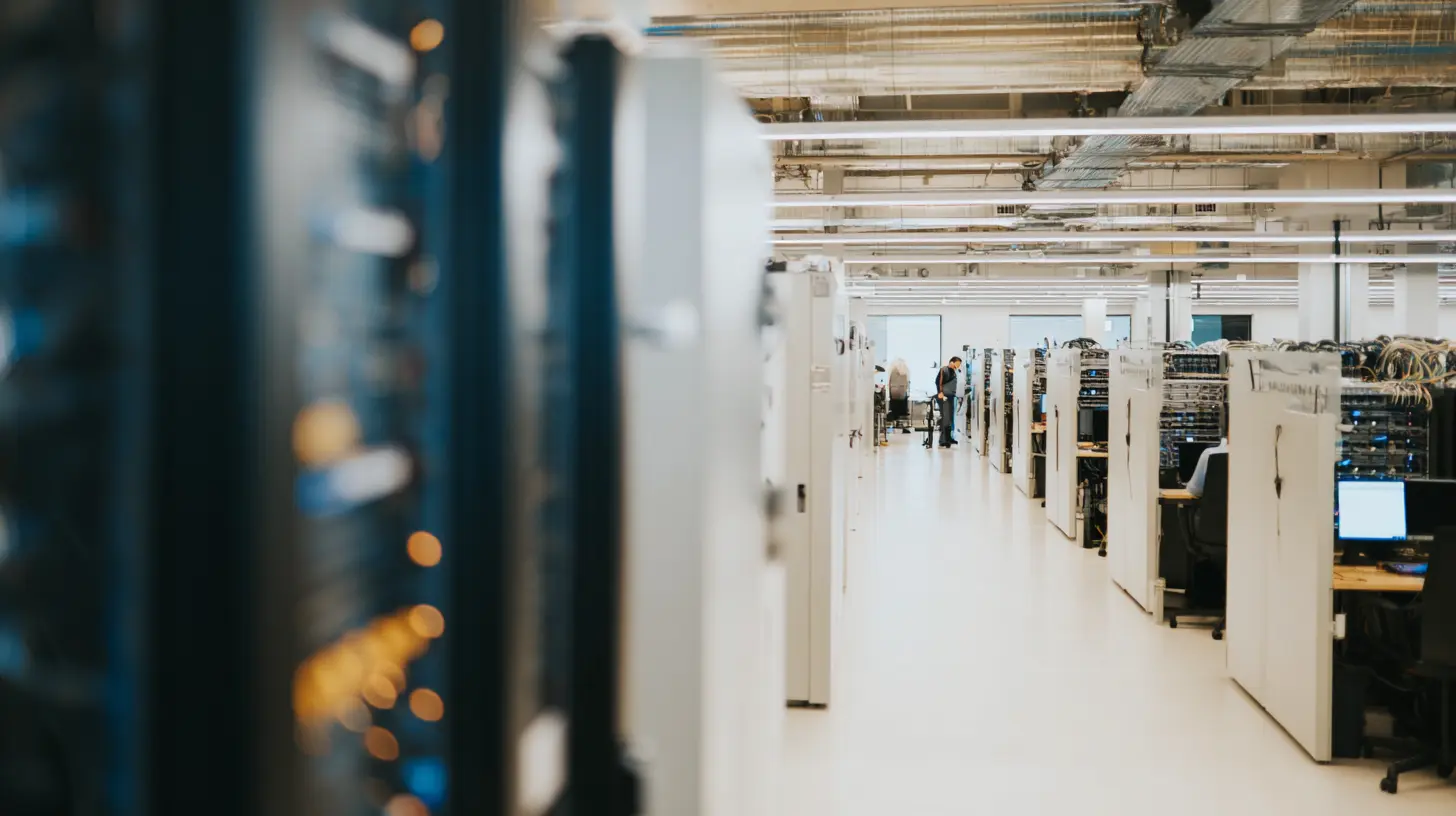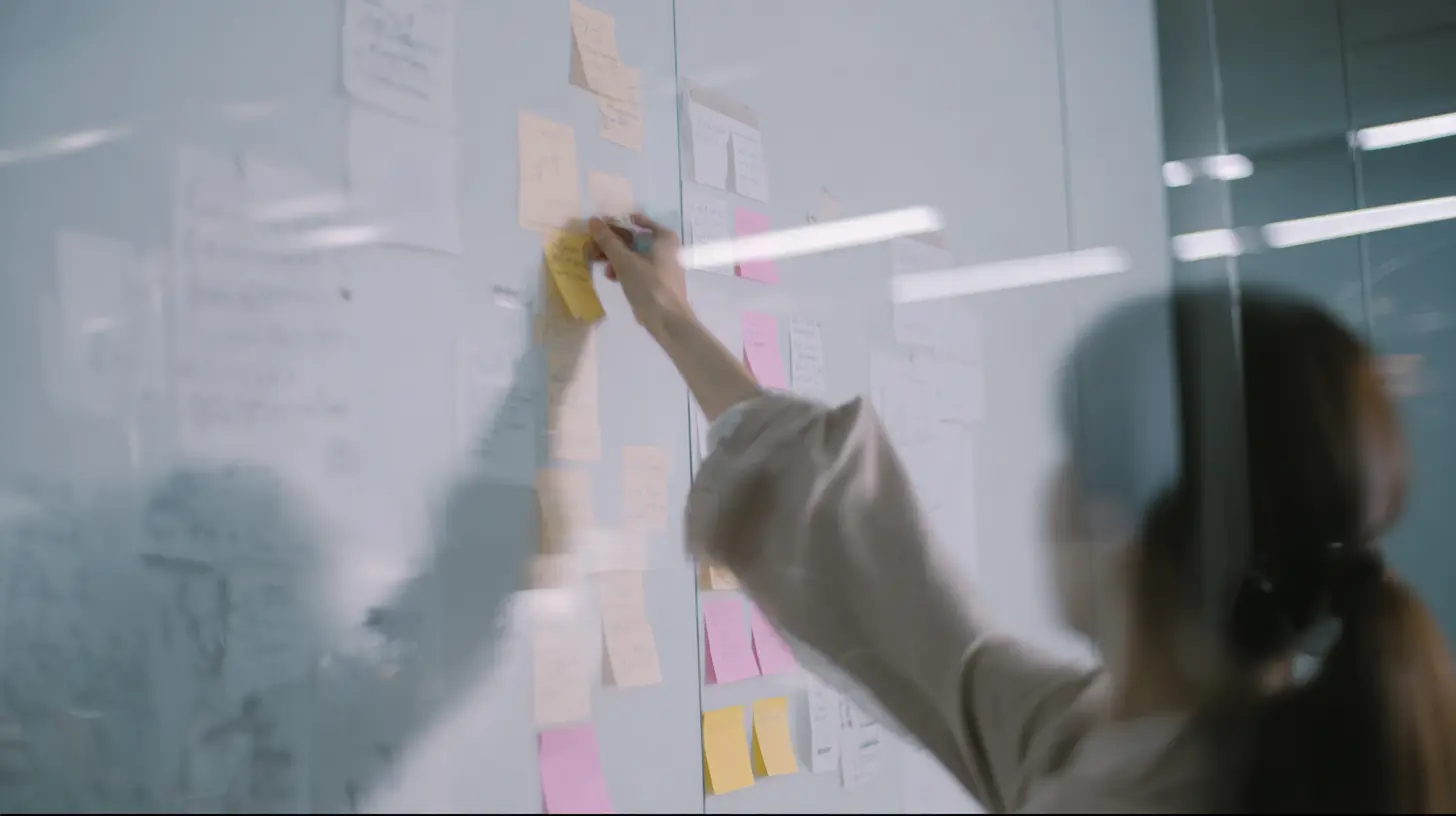Navigating Sustainability in Business
A conversation with Richard Stechow and Vera Hermes for Haufe Academy

In today's business landscape, sustainability is no longer a choice, but a necessity. Companies that fail to adopt sustainable practices risk being left behind by their competitors. Richard Stechow (BMI Lab) shares valuable insights on sustainability in business in an interview with Vera Hermes for the Haufe Academy's sustainability program. Stechow emphasizes the importance of implementing innovative sustainable solutions, despite the absence of a universal approach. The interview delves into the risks and challenges involved, as well as the competitive advantage that sustainability can provide. It also stresses the need for a comprehensive transformation to overcome the hurdles of transitioning to sustainable practices.
Click for the German version of the article from Vera Hermes.
A recipe for implementing innovative sustainable solutions does not exist, says innovation expert Richard Stechow. But there is also no way around doing it anyway. In an interview with Vera Hermes for the Haufe Academy’s sustainability program, he talks about risks, company fears, and sustainability as a competitive advantage.

Richard Stechow works as a Managing Innovation Consultant at the Munich BMI Lab, a spin-off from the University of St. Gallen, focusing on how companies can successfully integrate innovations into their business models. The industrial engineer works across industries and specializes in sustainability and circular economy.
Is there an increasing demand for integrating sustainability into business models?
Yes, the demand is increasing tremendously. For four years, I have been mainly focusing on the circular economy. This topic is experiencing a huge boost, particularly in terms of the specificity of requests.
How far along are the companies that approach you?
Many are already very far along, while others are just starting out. The first steps towards the circular economy are usually linked to materials. The questions are, for example, "What can we use instead of plastic?" or "What does the Supply Chain Due Diligence Act require of us?". Almost all have the on their agenda that they must review their business model from a sustainability perspective, but many are also afraid to do so.
Why are they afraid?
It is a longer process for which companies are typically not prepared. When someone starts to deal with sustainability, they cannot foresee where it will end. If someone in a company is dealing with the topic for the first time, they must first build up reporting. This requires key figures. To do this, they must first determine the company's ecological footprint, among other things.
These are gigantic tasks for individual companies, for which they often have no capacity. In addition, there are no quick successes, only additional cost centers.
Intrinsic motivation versus regulation
Is it more intrinsic motivation or regulation that motivates companies to become more sustainable despite costs and efforts?
For those who are further along in the process, it is logical to operate sustainably and more of an intrinsic motivation. This is especially evident in owner-managed medium-sized companies. They don't talk as much about it as the big ones, they just do it. For large corporations, the driver is mainly profit. Sustainable business is not a mega-profit earner purely from a financial perspective.
So why do corporations still strive to become more sustainable?
Sustainability is now an important point. But in corporations, it is often not pursued for its own sake, but mainly due to regulation, or because one hopes for competitive advantages. Where there is pressure, solutions arise. I think that's good and that's how it has to be more or less: When the pressure is so high that companies have to address something, then we are where we want to be. Otherwise, we would have to change our entire capitalist system, which is utopian - at least in the short term.
Becoming sustainable requires comprehensive transformation
Innovations are always associated with risks. What are the specific risks involved in companies becoming more sustainable?
In some industries, it is necessary to acknowledge that while a single company can take the first steps towards change, broader transformation requires more action from many partners. If sustainable practices are not valued, then such companies may lose out to competitors as they incur higher costs. Sustainable practices are initially more expensive and therefore more demanding. Until their target audience recognizes their efforts, companies that prioritize sustainability risk pricing themselves out of the market.
It can take time for customers to be willing to pay more for sustainable solutions and for companies to scale up their sustainable practices and offer them at cost. It is a long and precarious process that poses great risks to individual companies. There are also internal barriers within companies.
Becoming truly sustainable requires transformation. I like to compare it to the digital transformation, although the sustainability transformation may be even more comprehensive.
Digital transformation promises efficiency gains, higher margins, more profit, and more flexibility. Sustainability, on the other hand, involves increased costs and initially endangers market opportunities, doesn't it?
Yes, that's right. In the long run, sustainable solutions can be a competitive advantage; for example, young employees already consider an employer's sustainability practices when choosing where to work. But a lot must change internally first, as was and is needed for the digital transformation. Companies need to develop new skills and capabilities, but without automatically gaining efficiency gains.
Do customers show a willingness to pay more for sustainable solutions or products?
No, not really. The basic idea is still, "If a sustainable product costs the same and has the same quality as a conventional one, then we will buy it." And that's the right idea. But achieving that is difficult. There is not one solution to this, as is often the case in the real world. Unfortunately. But what is definitely positive is that the trend is there.
There is no longer any company that does not deal with sustainability, and this means that the topic is gaining momentum. When such a wave comes, and every board member has to talk about it, including their grandchildren at the family table, then the topic will advance.
Do owner-managed medium-sized companies have an easier time than corporations?
Yes and no. If the big players put their weight behind something and market it extensively, they have a different reach and a different pull. For example, if a start-up collaborates with a large corporation and places its solution there, it has a very different effect than if it approaches a small or medium-sized company. One may be a nice pilot project, the other could be the big breakthrough. Corporations have a different reach - but they also face different barriers. Sustainable projects require a longer-term commitment. Owner-managed companies know this - if they commit to something, they usually don't back down easily. In large corporations, long-term issues are often shelved when there is a change in the C-level hierarchy.
Richard Stechow
Regulatory incentives are painful but lead to solutions
Now, thanks to a new EU directive (the CSRD), sustainability metrics will be equated with financial metrics, which will affect the rating of listed companies. This should give sustainability issues a significant boost in boardrooms, right?

Exactly. So far, these goals have not existed, and therefore, little has happened - except through regulation or tax incentives. If pressure now comes from both sides, then change will happen. This will not always be pleasant, and it will certainly be painful and lead to many detailed problems. This is because these are not market incentives, such as price, but rather artificial incentives. They are inherently flawed. But in the end, we will have solutions.
Do you have a specific example?
Yes, take the reuse of plastic products. It still doesn't make economic sense. Companies may opt for recycling, but reusing plastic parts doesn't work yet because it's too expensive to wash and prepare them. If companies want to switch to other, higher-quality materials, they need an investment from every participant in the entire value chain because the machines and equipment are not designed for it. But they cannot demand this if there is no real incentive and if the conditions to achieving this are not in place. This is where regulation is rightly demanded. Only when the external effects of raw material extraction are reflected in the price will alternative concepts become attractive. However, to implement this on a widespread basis, a societal consensus must be reached, which is still a long way off - although the EU is making great (if not perfect) strides in this regard.




.svg)
.svg)
.svg)







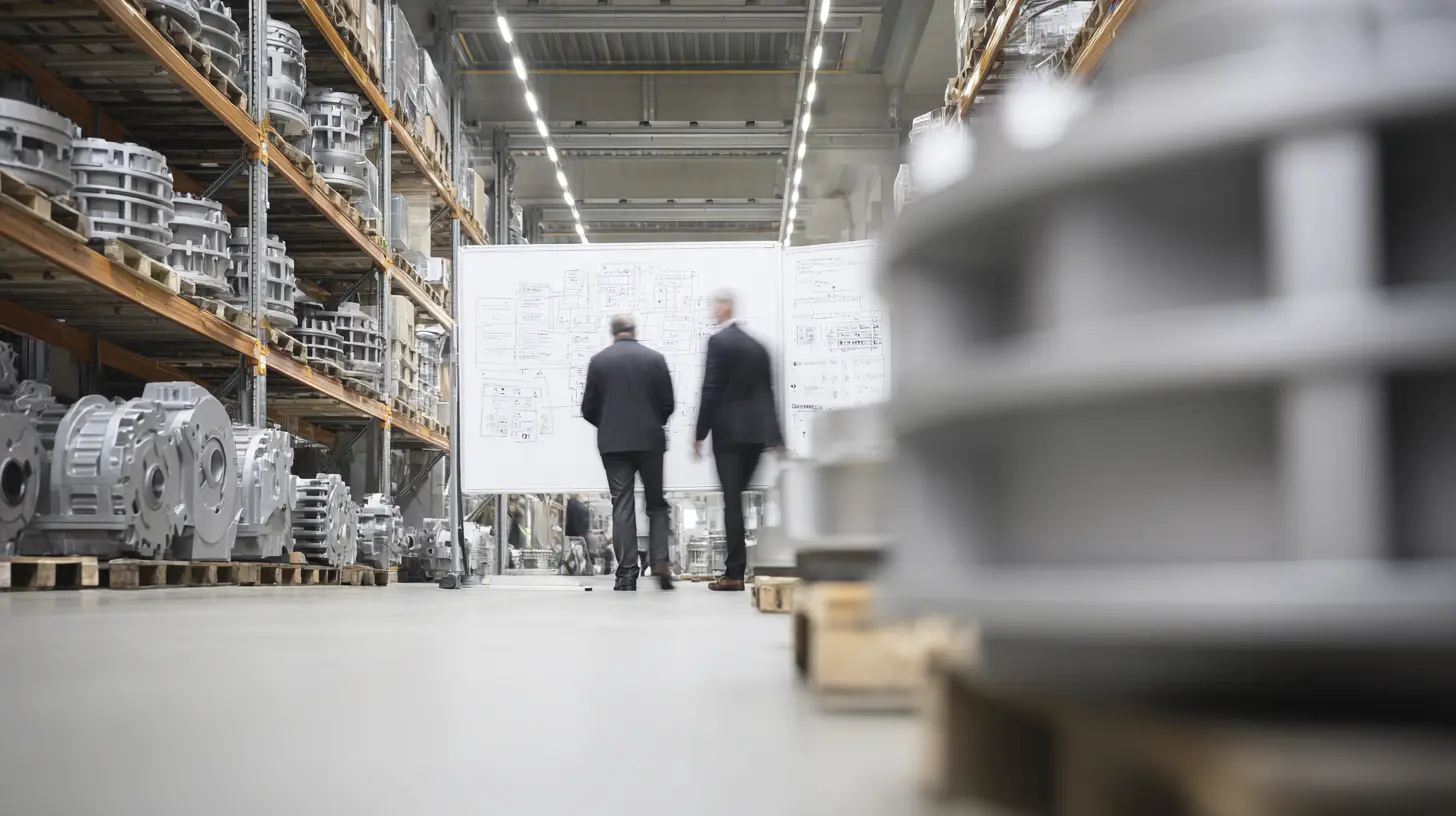


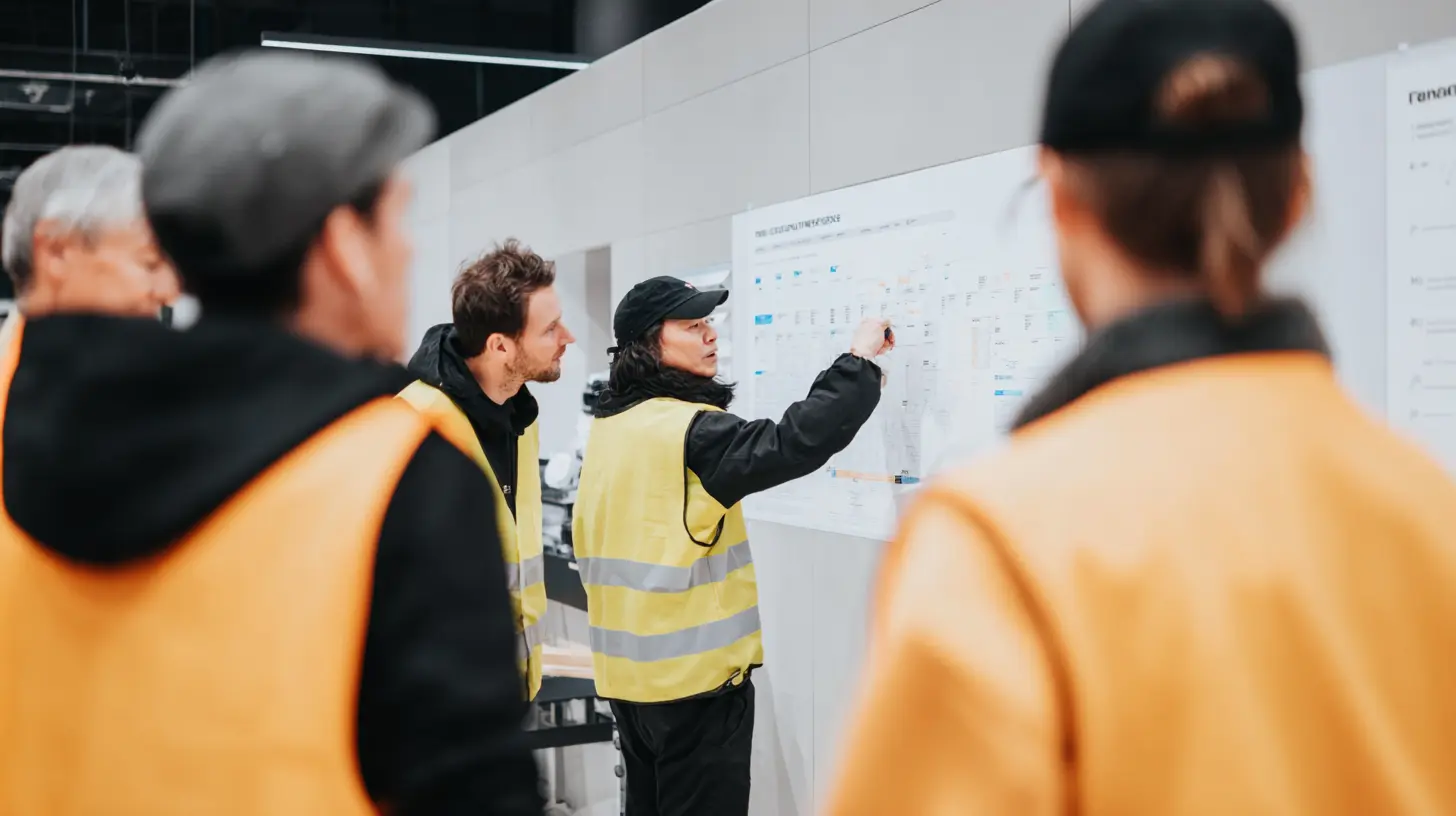









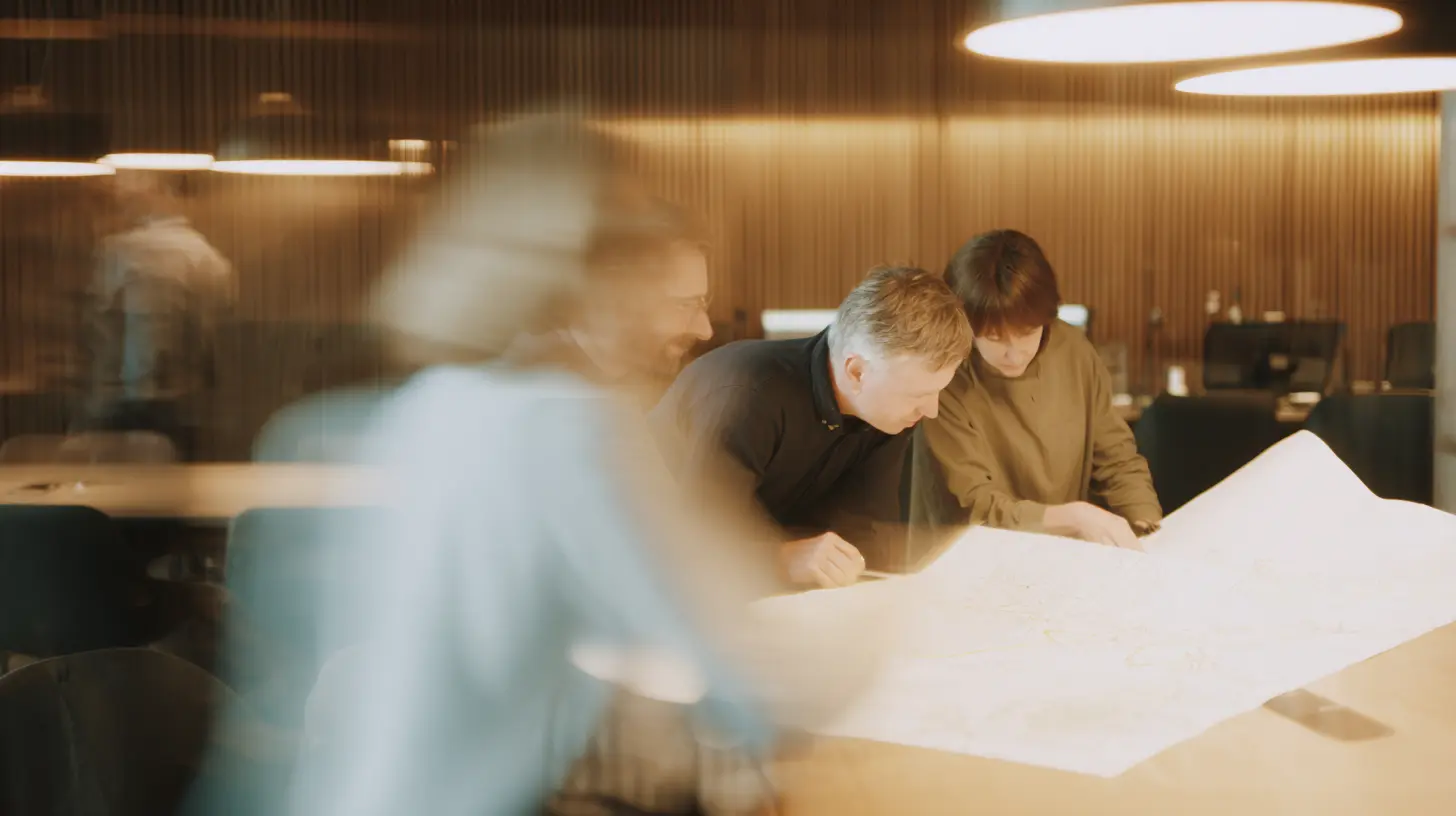



.webp)

